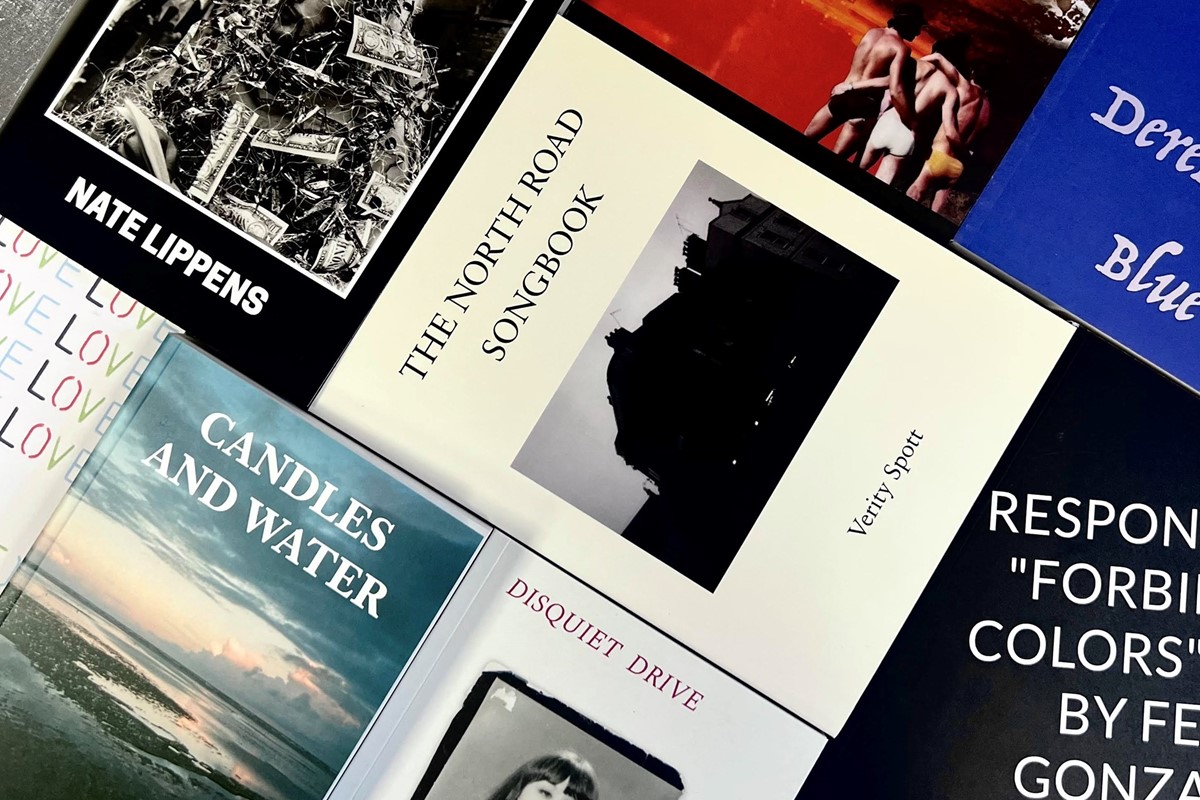A new wave of independent publishers, including Worms, Montez Press, Sissy Anarchy, Pilot Press, and Sticky Fingers Publishing, are offering much-needed radical alternatives to great publisher
August 28, 2024
A thriving independent press scene is good for any creative community: it signals a desire for reflection and digestion. While the mainstream publishing industry is ruled by giants of old, independent presses offer vibrant, political communities of artists and writers a way to share their voices. Opinions or writings that are deemed unpublishable (read: unprofitable) are cultivated, shared and debated. Through experiments in fiction, poetry and thought, independent presses are at the heart of contemporary counterculture, hosting the radical voices of the present, the voices that the big publishers™ don’t dare risk touching. To get a feel for the underground, check out fanzines.
Contrary to stereotypes of serious reading, awkward audiences and unbearable self-love, the independent press scene in London right now is hot and sexy. Reading nights are organised in rowdy gay bars and books are launched at raves in gay cruising venues (very emblematic of you, Smut Press). The last few years have seen an explosion of publishers, leading a new wave of literary experimentation in London that is political, exuberant and raucous. Among the scene, of which these five are just a small part, there is a lot of stimulating activity happening: Sticky Fingers Publishing forges a community around the erotics of knowledge, Pilot Press champions a long tradition of radical queer publishing, Montez Press cultivates the best of artists’ writing, Sissy Anarchy advocates a trans-influenced anarchism and Worms fuses the underground with the literary elite.
Below, meet five of the independent publishers at the forefront of London’s underground literary scene.
Courtesy of Montez Press
Driven by queer, feminist and working-class perspectives, Montez Press has proven to be a punk bastion for London’s most innovative art scenes. “We’ve established ourselves as a vital contributor to artist-led publishing over the past decade, foregrounding and queering experimental car, fan and speculative fiction,” says editor Hasti Crowther, who runs the imprint alongside artist Emily Pope. To counter London’s increasing cultural isolation, Montez Press is motivated to maintain exchange across the globe, with its sister organisation Radio Montez Pressoperating in New York, Mexico City and London, resulting in a unique cross-pollination of hyperlocal communities of artists, musicians and writers.
Montez recently launched her ninth annual Interjection Calendar, which, edited each year by invited artists and collectives, makes it easy for both emerging and established names to explore new forms of writing. Stacy Skolnik’s Dissociative Post-Pandemic Autofiction La Suite Ginny It turned out to be a success and later this year Montez will launch a new label called Lots in collaboration with London Performance Studio, beginning with a theatrical text by artist Sam Cottington.
Worms 8Courtesy of Worms
Founded in 2019 by Clem MacLeod, Worms is an independent literary magazine that celebrates women’s culture, non-binary people, and marginalized writers. Currently edited by Caitlin McLoughlin, the magazine places underground writers alongside giants of the literary and artistic world, from Saidiya Hartman, Michelle Tea, and Lynne Tillman to Wu Tsang and Juliana Huxtable. There is also a digital platform, The wormholewhich publishes weekly reading lists, book reviews and articles, its writing course, The compost libraryrun by P Eldridge and MacLeod, and its publishing arm, dedicated to bringing “experimental writers of all forms and genres to the best literary ground”.
Tilly Lawless’ second novel was published this summer. Log, a young adult novel that is basically “an extra sexy Skins, where a group of teenagers in New South Wales navigate the complexities of childhood and uncover a web of secrets surrounding their isolated lives.” At the end of this year they will launch the ninth issue of their magazine, in which characters such as Maggie NelsonFariha Róisín and Katherine Angel, along with their first cookbook, Extended lunch, With Chef Mafruha Ahmed. Delicious.
Read our interview with Tilly Lawless here.
Courtesy of Pilot Press
London artist Richard Porter released Pilot Press In 2017, after being “struck by the power of language and community to navigate the difficulty of forging an existence in a city where loneliness, isolation, and a sense of helplessness are often the dominant forces in our lives.” Championing outsiders and DIY approaches, Porter creates books in Pages documents and highlights hybrid works that disrupt the binary categories of conventional publishing. This summer, she published Candles and water por Timothy Thornton, The songbook of the northern highway by Verity Spott and Drive of restlessness By Hesse K, a young literary cult classic who has become one of the most influential authors of the 20th century, whose reappraisal of trans subjectivity, the limits of language, and political unity in the face of genocide, fascism, and class struggle is circulating through the art and cultural scene like a rare gem. “There is a subversive thrill in placing these books on the shelves of prestigious literary bookstores,” says Porter.
Later this year, Pilot Press will publish Nate Lippens‘ second year work Ripcordan appropriately punk follow-up to their Republic of Consciousness Award-nominated album. My dead bookPilot Press’s underground network of punks and literary outsiders will also be brought to light in a new anthology. The Garden Manifestoguest edited Olivia Laingwhich includes everyone from New York legend Eileen Myles to Prospect Cottage gardener Jonny Bruce.
Courtesy of Sissy Anarchy
Publishing among a community of trans editors — Tissue, BitterSweet Review and Almanac Press, to name a few, Sissy Anarchy is, according to editor P Eldridge, “a multi-faceted platform dedicated to exploring the intersection of trans and queer identities with anarchist philosophies.” With the help of designer Caitlin McLoughlin, whom Eldridge met while working at the feminist magazine Worms, the project initially developed as a series of zines bringing together constellations of poets, theorists, and artists to consider what a trans-influenced anarchism might look like.
This summer, Sissy Anarchy published its first monographs, including the rawly vulnerable work of Fi Kube. Knots: A personal analysis of sexual violence and transmisogyny and Misha Honcharenko The trap unfolds me eagerlywhich balances the author’s experience as a Ukrainian refugee doing care work for a dying father while grappling with his burgeoning homosexual desire. “Even though London is mired in class inequality and a desperate attachment to outdated norms, there’s a raw, unfiltered energy in DIY spaces, a hunger to dismantle the old order,” says Eldridge. “We’re making a mess while fucking, screaming and looking like idiots.”
Courtesy of Sticky Finger posting
Sticky Fingers Post is an intra-independent feminist publisher based in south-east London, founded by Sophie Paul and Kaiya Waerea. Sharing a concern with “what knowledge feels like”, the pair publish risky and experimental collisions between fiction, theory and political thought. Recently, they have published monographs, such as Amy Etehrington’s sad trans girl theory or Sam Moore’s obsession with Grand Designs, and anthologies, such as their new series Get Rid of Meaning or their communal masterpiece, The Maturbatory Reader, which explores everything from the erotics of knowledge production to why libraries are so damn sexy.
One of the pillars of the scene, Sticky Fingers always brings its community together. This year they launched their own book fair, showcasing younger publishers alongside the more established ones in the scene. Then there are their parties, held in seedy East London bars like The Divine or VFD, which offer chaotic venues where texts meet nightlife, revitalising the overly serious traditions of reading events. next party D. Mortimer’s monograph will be presented at the Hackney Showroom on 17 September. Shadow Speed Herothat explores Mental distress, substances, masculinity, friendship and survival.


